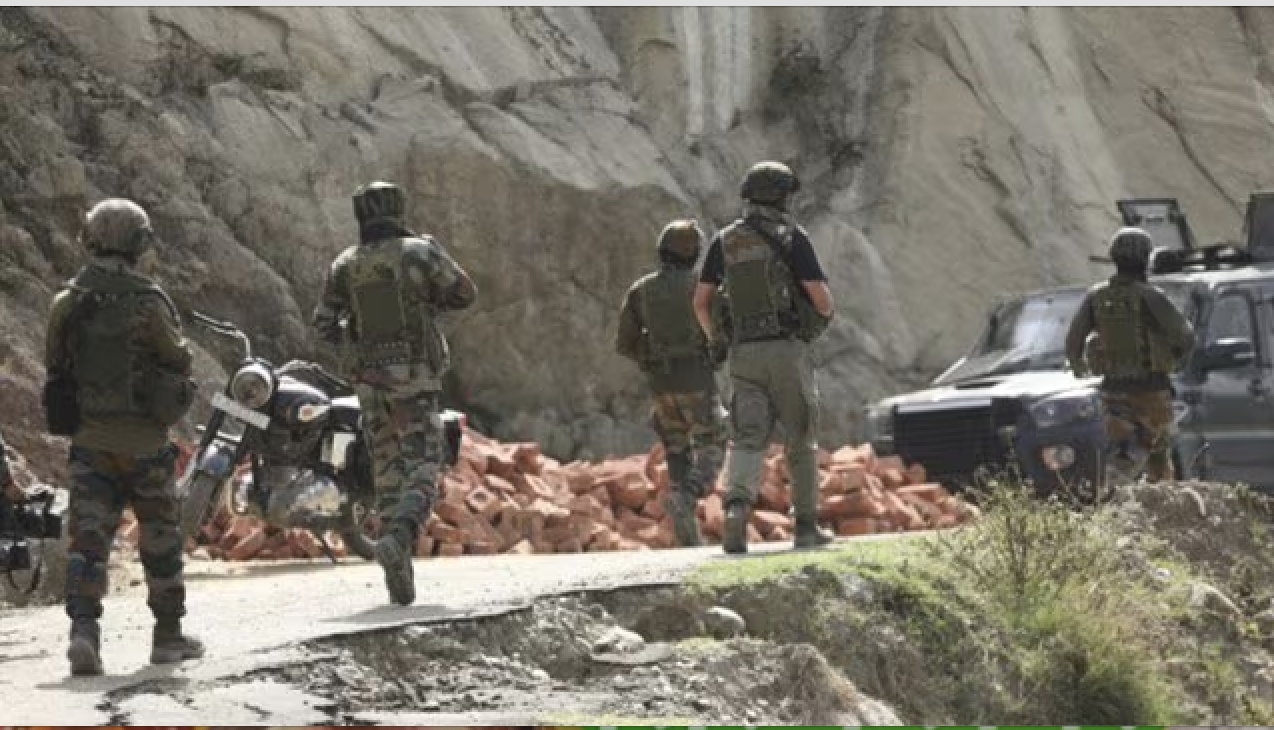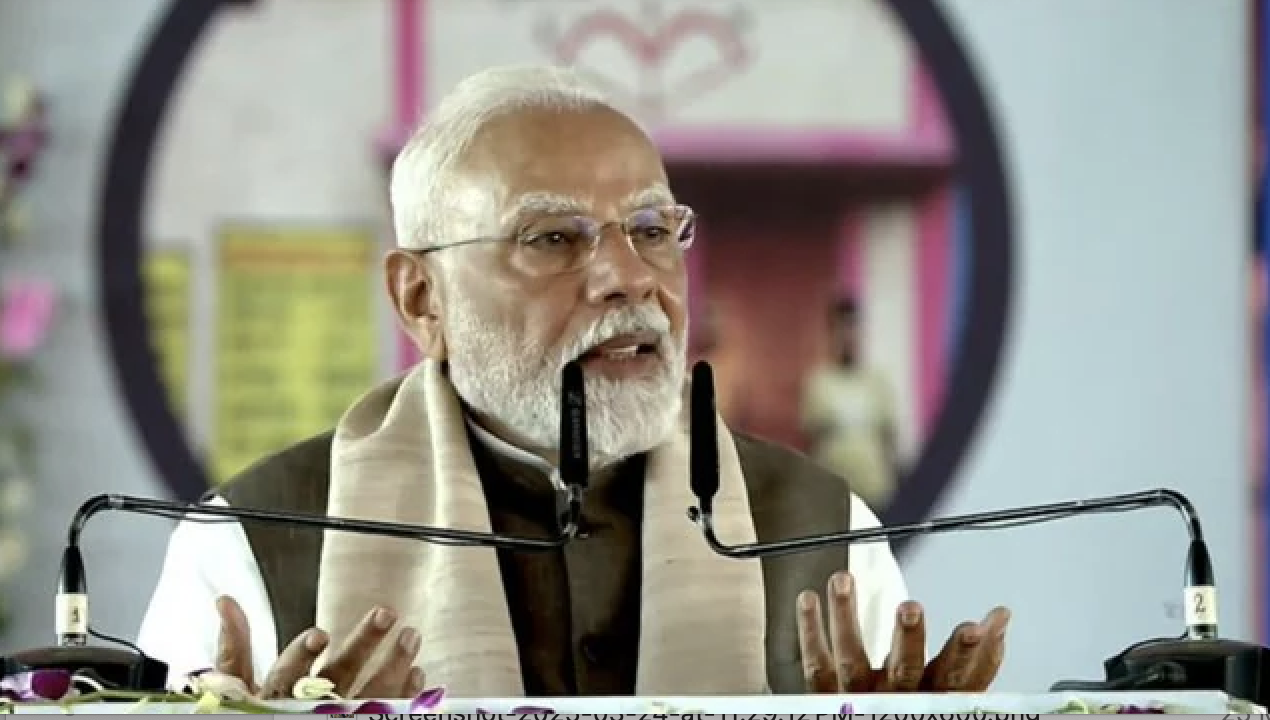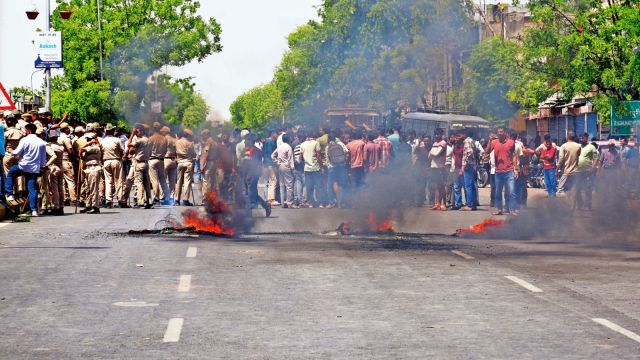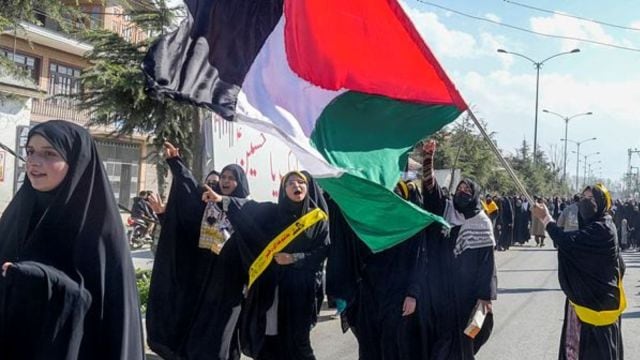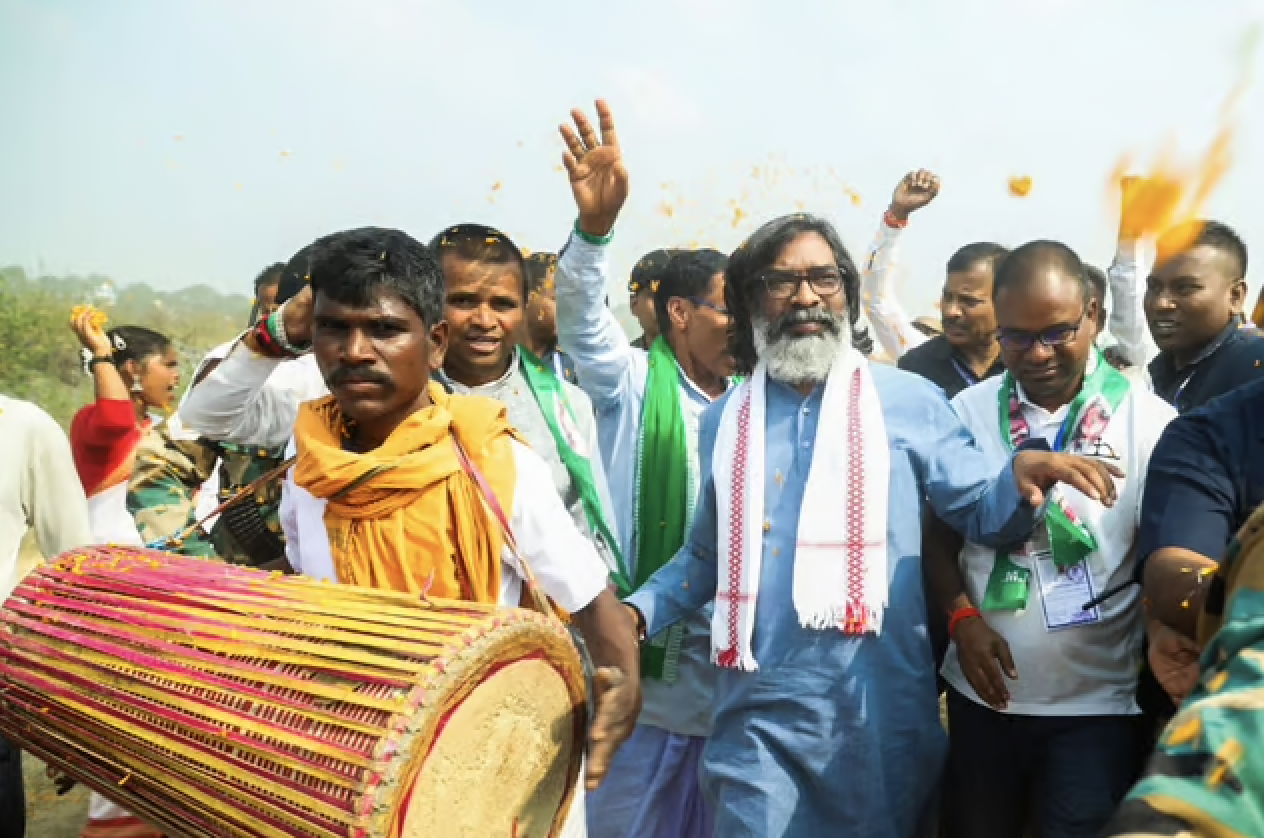
By Kunal Shahdeo
Jagarnath Murmu, a 39-year-old Santhal man, works as a security guard in a gated society in the Kanke area of Ranchi, the capital city of Jharkhand. With the Diwali baksheesh he received from residents, he plans to buy himself a new pair of pants and a shirt. Unlike previous years, however, he has decided not to purchase from a Muslim-owned store. Curious about this change, I ask him why. He replies, “I saw it on my phone—they are beating Hindus in Bangladesh, and here in Jharkhand, they are marrying our daughters and grabbing lands.” When I press him further, asking if he believes everything he saw on his phone, his colleague, Sonu Mahto, a 32-year-old guard from the Bero block of Ranchi district, interjects. “Muslims are like that,” Mahto says. “They want to dominate and control everything. They are kattar (hardline), and we Adivasi-Moolvasi (non-Adivasi natives) people cannot match their cunning or their power.” Murmu nods approvingly, adding, “We need to be careful.”
With just over a week left before the first phase of polling in Jharkhand’s hotly contested Assembly elections—a showdown between the JMM-led INDIA Bloc alliance and the BJP-led NDA alliance—sentiments around religious and ethnic tensions, while not universal, are increasingly prevalent. Following the JMM’s victory in the 2019 assembly elections and the INDIA Bloc alliance’s gains in the 2024 Lok Sabha elections, where the BJP lost all five Scheduled Tribe-reserved seats, the BJP appears more resolute than ever in its bid to unseat the JMM-led coalition government. Assam Chief Minister Himanta Biswa Sarma, now leading the BJP’s campaign strategy in Jharkhand, has spearheaded a highly polarising narrative. High-profile leaders, including Prime Minister Narendra Modi and Union Home Minister Amit Shah, have visited Jharkhand multiple times recently and are scheduled for another visit before the end of the campaign. Meanwhile, the BJP’s media cell has been working tirelessly, using social media as a potent tool to amplify messages centered around the perceived demographic threat of “Bangladeshi infiltration”, accusations of JMM’s appeasement of Muslims, and allegations of endemic corruption in the JMM-led regime. These narratives have steadily permeated the public discourse, shaping everyday perspectives and influencing opinions, such as those of Jagarnath and Mahto, who express growing distrust towards Muslims.
Insider-Outsider Dynamic: A New “Other”
The entire Hindutva ecosystem in Jharkhand, under the RSS’ leadership, has mobilised to reinforce these themes. Known for framing local issues through a Hindutva lens, Sarma has aggressively reoriented Jharkhand’s historic insider-outsider dynamic—a theme that has animated politics in the region since the inception of the Jharkhand Movement in the 1930s—to support the BJP’s agenda. In this election, Sarma has attempted to change the local political narrative of portraying diku (irritating/exploitative outsider) as dominant caste groups from Bihar, Uttar Pradesh and Bengal to casting Muslims, particularly the spectre of “Bangladeshi infiltrators”, as the new existential threat. Through narratives of “Love Jihad” and “Land Jihad”, the BJP alleges that Muslim outsiders are marrying Adivasi women and seizing Adivasi lands, effectively shifting the discourse to portray the JMM-led INDIA Bloc alliance as appeasers of these supposed threats. By tapping into both local anxieties and Hindu nationalistic fervour, the BJP is taking a calculated approach to reshape Jharkhand’s political landscape, aiming to fracture traditional alliances and consolidate its support among Adivasis, OBC Hindus, and SCs as the elections approach.
Historically, the figure of the diku—an outsider perceived as exploiting Jharkhand’s resources and people—referred to dominant groups from outside the state, solidifying the Jharkhandi identity against them. The BJP, which has traditionally drawn support from many of these so-called diku communities, has often sidestepped this narrative by instead focusing on Christian missionaries, accusing them of engaging in forced and fraudulent conversions among Adivasis. However, in this election, the BJP has shifted its approach, positioning “Bangladeshi infiltrators” as the major outsider threat. These alleged infiltrators are portrayed as marrying Adivasi women through so-called “Love Jihad” and seizing Adivasi land in what the BJP brands as “Land Jihad.” The Muslim “other”—particularly the figure of the “Bangladeshi Muslim”—has now been layered over the Christian “other”, which was previously the BJP’s primary target in its efforts to divide the Adivasi vote.
This story was originally published in outlookindia.com. Read the full story here.


